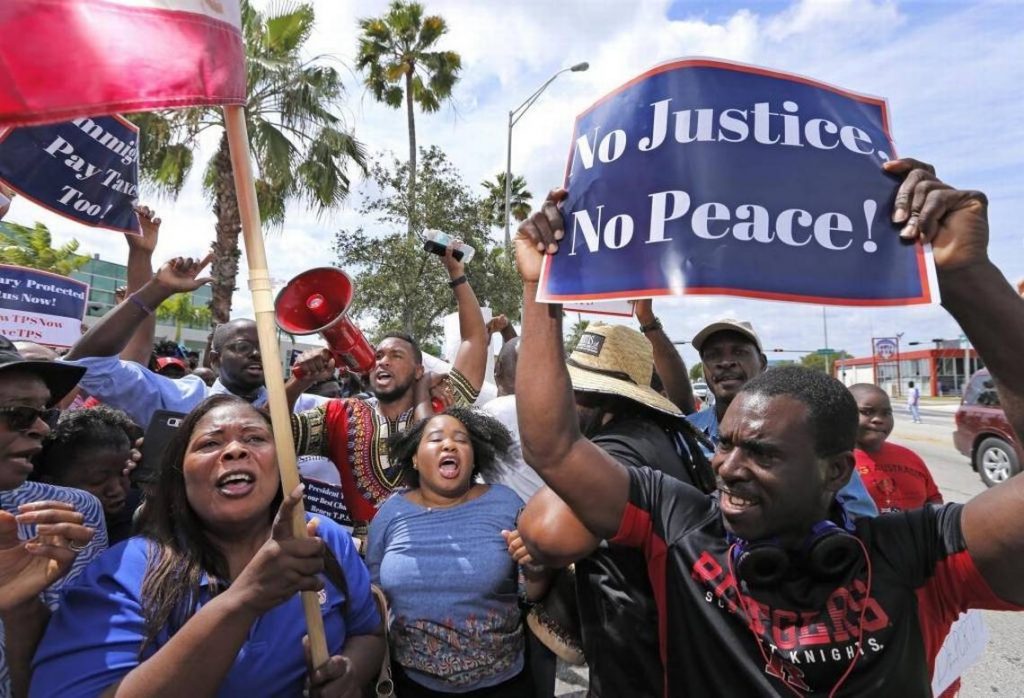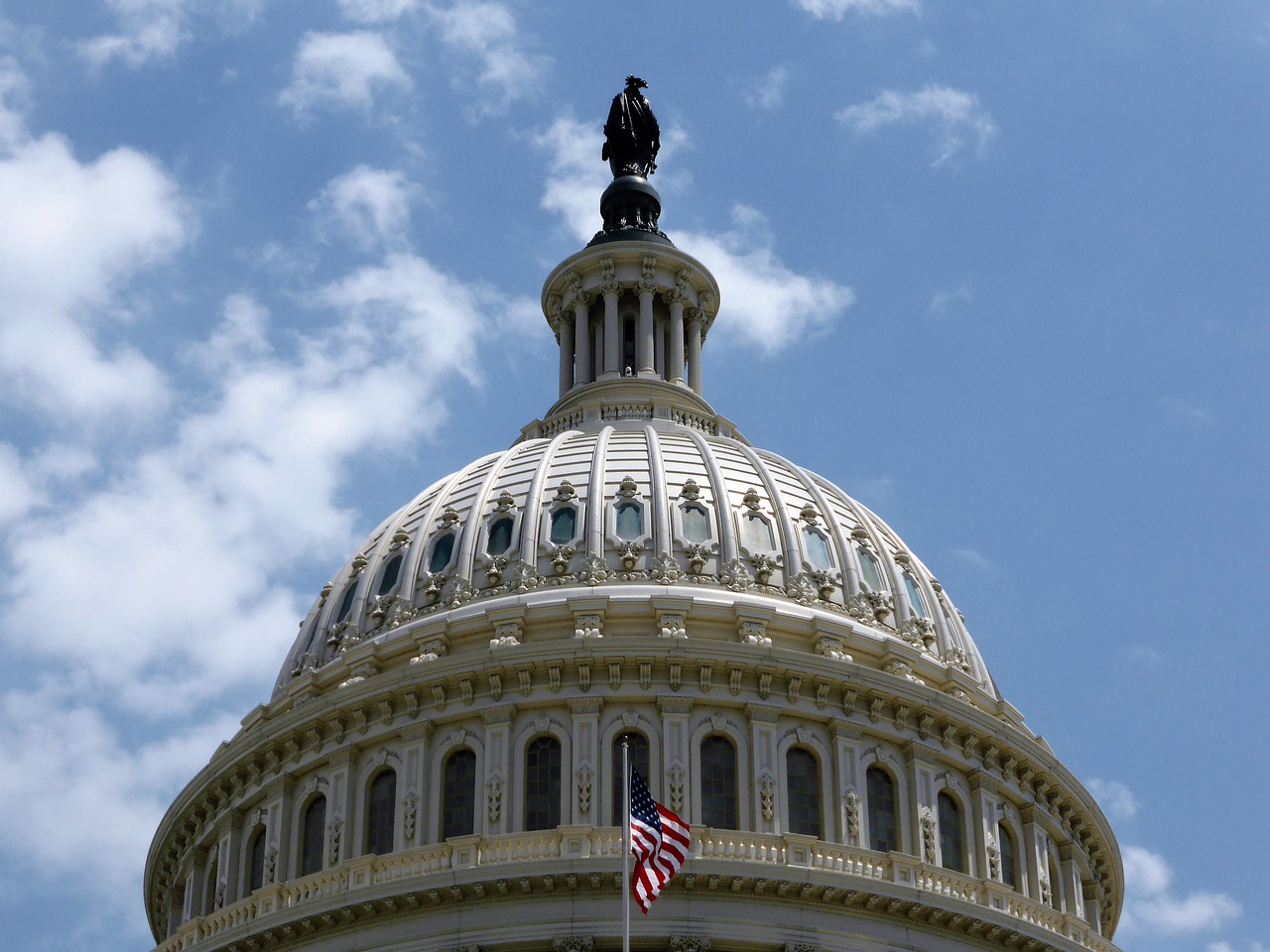Analysis: Domestic and International Corruption Unleashed the Haiti Gas Protests
The Haiti gas protests that occurred for several days beginning on July 6 were about much more than oil. The price increase was the last straw in a series of human rights abuses inflicted on the Haitian people by their government and foreign interests.
Prime Minister Jack Guy Lafontant announced an increase in the price of gasoline and diesel by 38 and 47 percent, respectively, on July 6. In Haiti, 80 percent of people survive on less than $2 per day. That would buy a half gallon of gas under the price hike. The announcement incited outrage among the Haitian people who then took to the streets to protest the price increase.
Lafontant temporarily suspended the increase once the protests began, but it was not enough to quell the public.
Protesters demanded that Lafontant resign after his handling of the gas price increase. Haitians also put pressure on President Jovenel Moïse to permanently cancel the price increase.
Lafontant resigned on July 13.
The Prime Minister’s resignation brought temporary respite to the Haitian people, but it did not address the deeper problems the country has faced for decades. The International Monetary Fund (IMF) made an agreement with Haiti’s government in February to raise the price of oil for the Haitian people by eliminating subsidies. The announced price increases from earlier this month are a direct effect of the arrangement with the IMF. The asymmetrical negotiation between Haiti’s government and the IMF hurts the Haitian people and does not hold corrupt officials accountable for their actions.
Numerous former Haitian government officials allegedly embezzled about $2 billion in a PetroCaribe deal with Venezuela and none has been legally punished.
President Moïse was previously under investigation for money laundering prior to his inauguration in February 2017. The investigation was terminated after Moïse fired the head of the anti-corruption agency leading the inquiry. And just days before the protests, a prosecutor ordered the national police to destroy several homes located near Moïse’s house without a court order so that the President could build a private access road and a helipad. Those who lost their homes were not compensated and Moïse has not received as much as a slap on the wrist for his actions.
During his campaign, Moïse promised to increase social spending and support for the country’s agricultural sector. Yet only 6.9 percent of the 2018 federal budget was allocated to farming communities in dire need of aid. Despite a pitiful 20 percent voter turnout in the 2016 presidential election, Moïse managed to maintain his power with the support of the United States and France.
Haiti has a long history of broken democracy and corruption within its own government but the United States and other foreign nations have only made things worse. Former President of Haiti Michel Martelly was elected largely because of former U.S. Secretary of State Hillary Clinton. In the 2011 election, the Electoral Council excluded Fanmi Lavalas, Haiti’s largest political party, from running a candidate. Clinton then forced the Council to change the primary results so that the third place candidate, Martelly, would move on to the runoff election by threatening to withhold U.S. visas if the Council did not comply.
The U.S. and the international community must be held accountable for their role in perpetuating a failed democratic system in Haiti as well as the extreme wealth inequality and poverty that exists in the country.
The Haitian people deserve significant increases to their standard of living in the form of government social services and subsidies. To make this happen, government officials must be held accountable for corruption and the money that was allegedly embezzled from PetroCaribe must be redistributed.
International and domestic government officials should invest in a stronger agricultural sector and improve infrastructure so that Haiti is not dependent on foreign nations to feed and house its people.
Unless we hold the Haitian and U.S. governments accountable for their actions, more protests will break out. And if the Haitian people continue to have their human rights violated, the protests will likely become more violent.





Comments are closed.